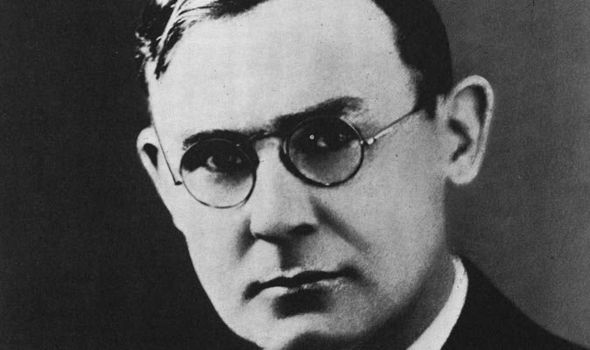Why did the scientist who invented nylon commit suicide?
Who Invented Nylon? Did DuPont have a share in the invention of nylon? Is it true that the scientist who invented nylon committed suicide? The story of Wallace Carothers:

Wallace Carothers (1896-1937) was a brilliant chemist, and while still in college, he was appointed Head of the Chemistry Department at Tarkio College, Missouri. After becoming a Professor at Harvard University, he was introduced to the chemical industry by the DuPont company, which opened a science laboratory to develop new products.
Wallace Hume Carothers (April 27, 1896 – April 29, 1937) was an American chemist, inventor and the leader of organic chemistry at DuPont, who was credited with the invention of nylon.
In 1928 he was the head of a team working on artificial materials. Carothers was interested in the hydrocarbon acetylene and chemicals belonging to this family. After he developed the first synthetic rubber polymer and his invention was marketed by DuPont in 1931 as Neoprene (synthetic rubber), he began work on developing a synthetic fiber that could replace silk. Japan was one of the largest suppliers of silk to the United States. However, as the tension between the two countries increased, importing silk became more expensive and more difficult at the same time.
In 1935, Carothers made great progress in developing a silk-like fiber by creating a chemical reaction between chemical units called singletons. As a result of this reaction, polymeric fiber emerged and its by-product was water. If the water produced by the reaction was removed, a much stronger fiber was formed. This fiber is known today as nylon and was first announced in 1938. During the Second World War, nylon replaced the silk used to make parachutes and soon found itself a very lucrative and large market. Today, nylon is one of the foundations of the billion-dollar textile industry.
Fiercely ambitious, Carothers fell into depression and, saying he had nothing left to inspire him, committed suicide in April 1937 by taking a dose of potassium cyanide.
